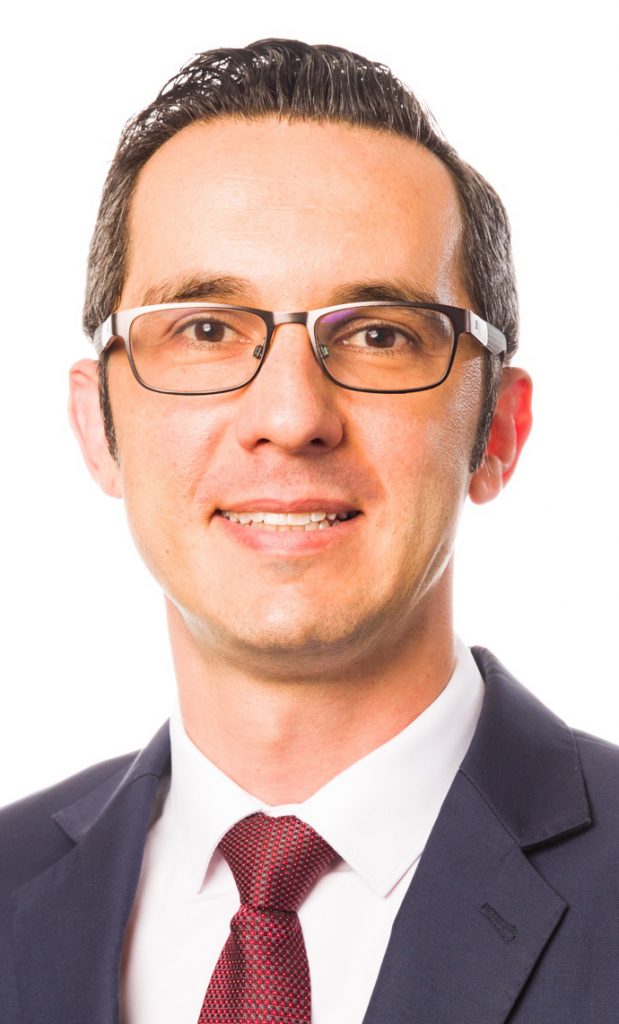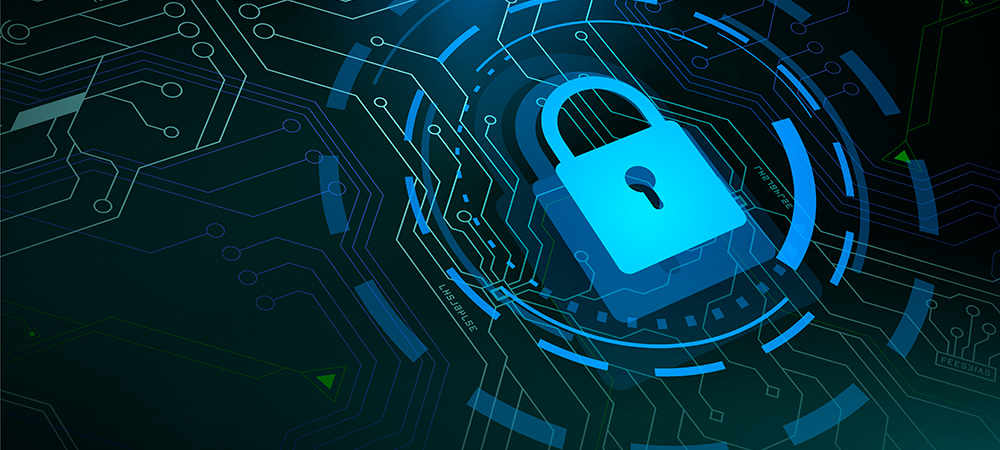
On the lighter side of things, we ask Sash Vasilevski, Principal at Security Centric, what makes him tick.
What would you describe as your most memorable achievement?
I founded Security Centric in 2012 because I saw a significant opportunity in the enterprise space. Having worked for a defense contractor for several years, I was familiar with information security practices in highly classified environments and it struck me that the business world had yet to adopt the same mature approach.
We’ve strived to educate our clients about the benefits of doing so. After a recent boardroom presentation of our recommended strategy, the CEO remarked that it was the first time they’d truly understood cyber and how it could support their organization’s objectives. Hearing feedback like that, which validates our approach and acknowledges the value we provide, is incredibly rewarding.
What first made you think of a career in technology?
As a child, I was always into tinkering – my first memory of doing so was at the age of six when I disassembled the family answering machine to see how it operated! Understanding how things worked was a perennial fascination and I ploughed my way through my mother’s medical textbooks before turning my attention to even more complex systems: computers.
I got into the industry by way of a bachelor of engineering, majoring in computer systems and telecoms, and earned my stripes in the enterprise IT environment before segueing into cyber.
What style of management philosophy do you employ with your current position?
There’s a cartoon that often features in articles on leadership. It depicts someone who’s labelled ‘a manager’, sitting on top of a cart being pulled by others while they crack the whip.
Then there’s a second cartoon labelled ‘the leader’ and it shows a person in front of the cart with the team, pulling everyone forward. That juxtaposition really resonates with me. I try to emulate the latter individual, leading by example and steering the business and my team in the right direction.
Developing talent and promoting from within are priorities and that means not constraining high performers to their current roles and responsibilities but, rather, making sure there is some room for them to take a step up, when they’re ready.
What do you think is the current hot technology talking point?
In cyber, there’s a hot talking point every other week! Zero Trust is a concept that’s gained rapid currency of late. Unlike traditional models which are predicated on the assumption that everything outside the boundary is untrustworthy and bad and everything inside is trustworthy and good, it’s born from fundamental security principles: defense in depth; need to know and segmentation.
The other big talking point is increased velocity. For modern organizations, doing things faster than the rest of their industry is often the key to competitive advantage.
Having cyber capabilities embedded into ICT project teams – attending planning meetings, testing continuously and feeding findings back into the Jira system – means organizations no longer have to sacrifice security for speed.
How do you deal with stress and unwind outside the office?
I took up running for fitness over 10 years ago and do 10 kilometers, three times a week. The metronomic beat of ‘left foot, right foot’ is relaxing. It’s quite similar to meditation in that the mind tends to run free and disconnect.
I’m not competitive – you won’t find me in the crowds at the City to Surf – but, like any techie, I can’t resist using my Apple watch to gather all my performance data!
The other activity I enjoy is martial arts – a combination of Krav Maga, Boxing and Jujitsu, all of which are quite technical. It takes a lot of concentration to learn the correct underlying techniques and there’s nothing like your training partner having you in a choke hold to take your focus off whatever was previously bothering you! And then sometimes it’s therapeutic to just punch a heavy bag in the gym.
If you could go back and change one career decision, what would it be?
Like many, I believe we are where we are because of the combination of thousands of small events, some positive and some seemingly negative. Studying business alongside engineering at an undergraduate level might perhaps have helped me get up to speed faster when I decided to swap a regular pay packet for the risks and rewards of business ownership.
But having completed an MBA a couple of years ago, I firmly believe that the value is in the application and it’s hard to apply CEO skills when you’ve yet to have a full-time job. There’s also the question of whether I could have started Security Centric sooner than I did but I think if I hadn’t taken the time to hone my craft, our value proposition would have been less compelling.
What do you currently identify as the major areas of investment in your industry?
Not so long ago, cybersecurity was seen as a solely ICT concern: a niche cost center with a gatekeeping role. Now, there’s greater appreciation for what we do from the business side of the business. Organizations view cyber as a commercial differentiator and they’re investing time and money to ensure it’s aligned with their organizational strategies. Consequently, they’re looking to work with specialist partners that have a breadth and depth of expertise that’s difficult to amass internally.
What are the region specific challenges when implementing new technologies in APAC?
Organizations in Australia and surrounding countries are generally smaller than those in other parts of the world. This fact alone can invalidate the approaches and implementation methodologies that work in other, larger markets. In the US, for example, solution vendors typically identify the mid-market as businesses with 5,000 to 10,000 seats but, here in Australia, there aren’t that many organizations that are a whole lot larger than that. Scaling down can be a challenge.
What changes to your job role have you seen in the last year and how do you see these developing in the next 12 months?
As Security Centric has matured, my focus has been shifting from operational to strategic; from developing and overseeing our consulting, professional services, engineering and managed services capabilities to determining how we can support our clients’ broader business objectives. That’s going to continue over the next 12 months. My mission will be to ensure there’s clarity around what we do, the outcomes we can effect and the value we’re able to provide as a strategic partner.
What advice would you offer to someone aspiring to obtain a C level position in your industry?
Whether a company is in the business of making cheese, selling widgets or designing high-end fashion, all of the elements of the organization need to serve and further that primary purpose. Focus on that, rather than on the nuts and bolts of the latest technology, and you’ll be in high demand. Ours is a small industry which means maintaining a sound professional reputation is very important. Do good, consistent, reliable work and word will get around.
Click below to share this article

